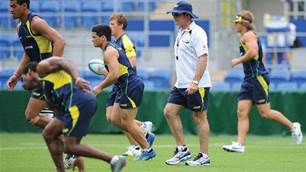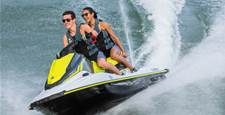In September this year, he completed the Triple Crown of open water swimming, just the 45th person, to achieve the Triple Crown.
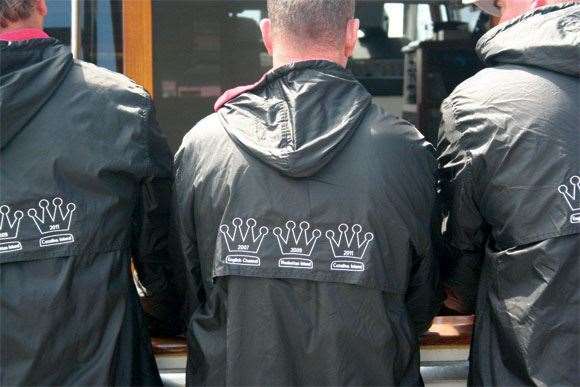 photos courtesy of Michael Renford and friends. Main image by Aaron Scott.
photos courtesy of Michael Renford and friends. Main image by Aaron Scott.What sort of mental state were you in?
After an hour, at my first feed, I realised it wasn’t good. I suddenly thought: “The pilot was right. This swim’s not on. It’s simply not on.” I’d convinced myself by the one hour mark that I was not capable of doing this swim. It’s not a good place to be – I’m 31km off the coast of LA and I’ve made the decision that the swim’s not possible ...
It’s interesting: most people who do endurance events like this set themselves up for success. The mentality’s all about positive thinking. Well, here I am, just started this swim, getting battered, and I’m a shot duck. All I could think about was defining in my own mind what an acceptable failure was. As ridiculous as that sounds, I was thinking: “If I stay in the water for two hours, what will my friends and family back in Australia think? Will they think, ‘Yeah, he gave it a good crack?’ Or will they think I was piss-poor?” You know, there’s no manual on what’s an acceptable failure. Three hours? Four hours? We feed every half hour out there, so I was basically surviving in half-hour blocks, from feed to feed ...
When did you know for sure that you’d make it?
Well, a couple of good things happened around six o’clock. Firstly, the sun came out, which is an amazing thing when you’ve been swimming through the night. Secondly, the wind died down and the swells became smoother; they weren’t capping and breaking anymore. And while I’d been a basket case mentally during the night, physically I’d held up pretty well. Five hours of buffeting really hadn’t taken any physical toll on me at all. So at a quarter past six I knew I would finish that swim.
And you had your Dad’s wedding ring tied to your togs?
Yep, and I also had it on my togs when I swum the English Channel back in ’07. Just a triple knot on the cossies ...
How did that Catalina Channel swim compare to your English Channel and Manhattan Island swims?
I think the big factor with my English Channel swim was the unknown. I was just shy of my 45th birthday, and in training leading up to that swim the longest I’d swum was six hours. Now, the Channel ended up taking 12 hours, 10 minutes. So at the six hour mark I was suddenly in this huge unknown. How’s my body going to react? How’s my mind going to react?
Manhattan, on the other hand, wasn’t a hard swim. It’s 46km, but it’s extremely tidal, so you absolutely fly around the island. The wonderful thing about that swim was that I proved I had a bit of pace. That year, a great Australian swimmer called John van Wisse won the race in 7 hours 10, Penny Palfrey came second in 7:18, and I came third at 7:28. So I was competitive with two world-renowned endurance swimmers. Am I the quickest swimmer in the world? No. Can I hold myself in fairly elite company? Well, I guess the answer in that race was, yes.
Each swim has its own merit. Catalina was the hardest, but I’m proudest of the English Channel. That’s the Everest of marathon swimming ...
What’s next?
Well, down here in the South Pacific, our version of the English Channel would be the Cook Strait, between the north and south islands of New Zealand. Kilometre-wise, it’s shorter than the other three swims in the Triple Crown ‒ it’s about 28km, I think - but with weather, tides, currents, water temperature, it can be a very tough swim ... I’d like to do a swim in this part of the world, and that’s certainly a swim that appeals.
-Aaron Scott
Related Articles
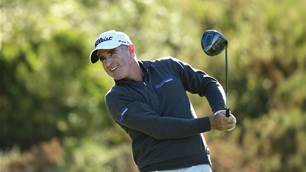
Video interview: Drinks With ... Matt Millar
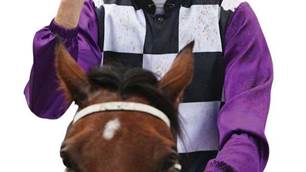
A few drinks with jockey Hugh Bowman
